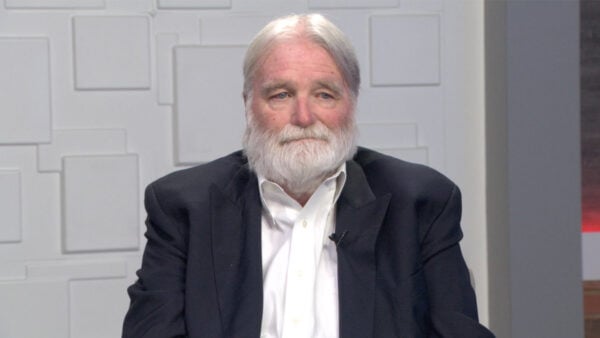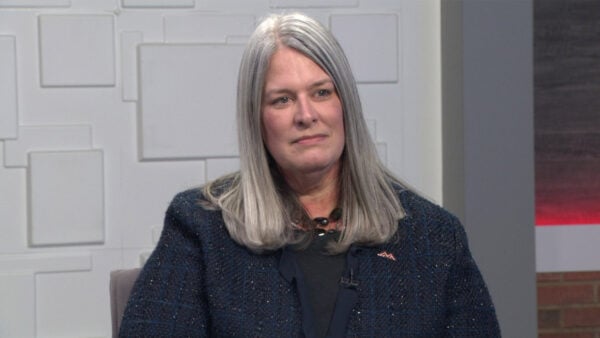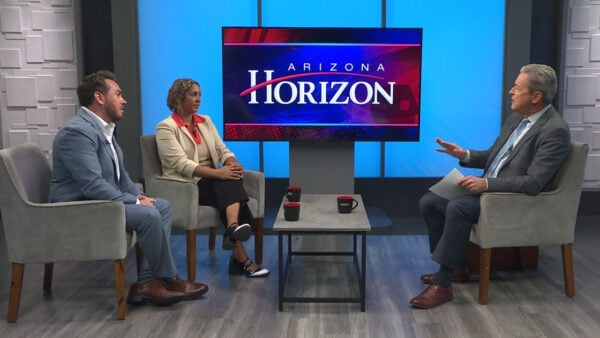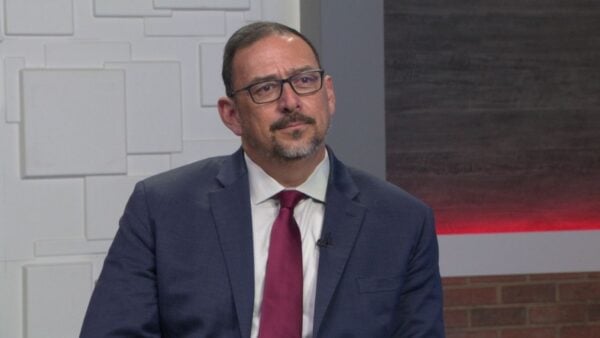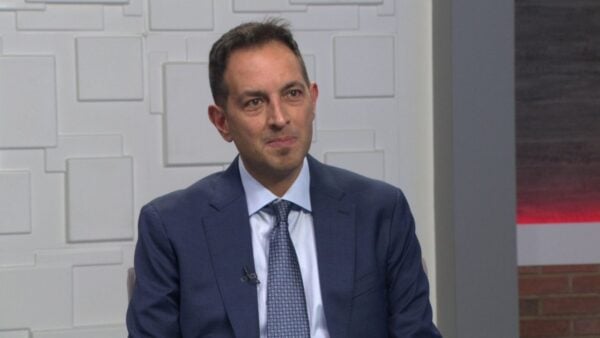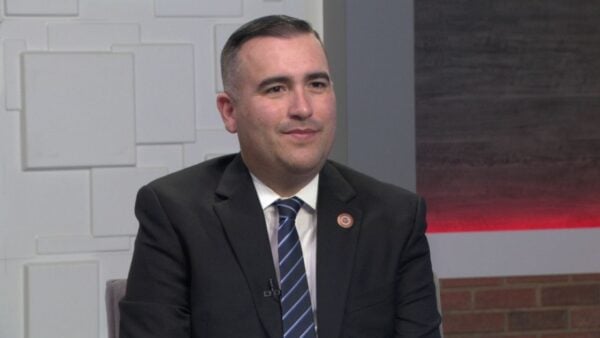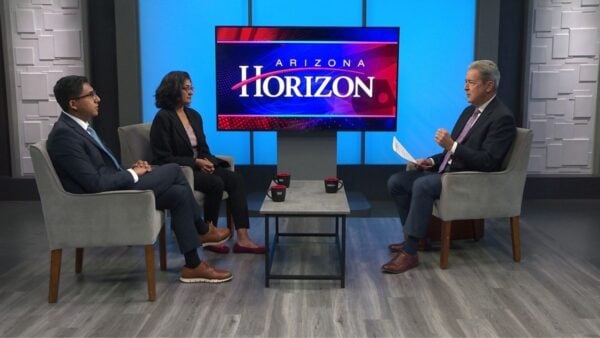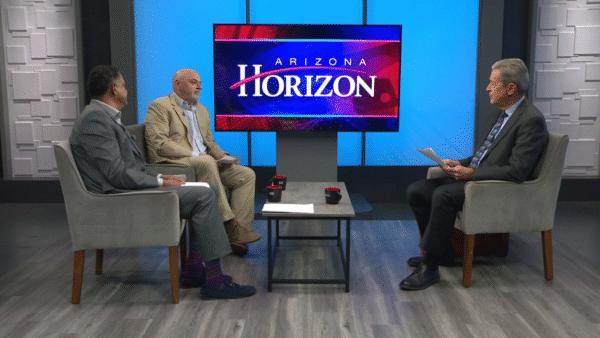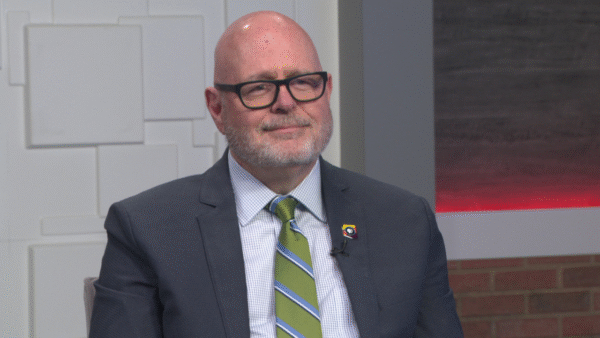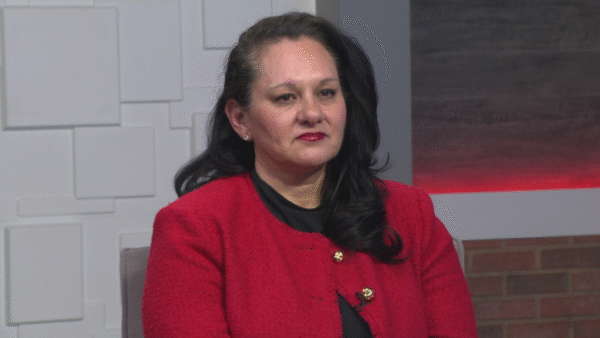Court rules Arizona K-12 funding violates the state constitution
Aug. 25, 2025
The Maricopa County Superior Court has ruled on the constitutionality of Arizona’s system for funding the capital needs of Arizona’s K-12 public schools. After reviewing the record and considering the arguments, the Court concludes that the current public school capital finance system does not meet the constitutional minimum standards established by the Arizona Supreme Court. The Arizona Constitution requires the Legislature to appropriate enough to pay for the “proper maintenance” of educational institutions and also pay for their development and improvement.
Danny Adelman, Executive Director at the Arizona Center for Law in the Public Interest, joined “Arizona Horizon” to speak about the ruling.
Advocates have been working on the case since 2017, and it has been an issue in Arizona for over three decades. The facilities lawsuit applies to a wide range of topics within schools, such as curriculum, technology, and transportation.
“The state was just completely failing to fund those needs,” Adelman said. “If you live in a poor district where they couldn’t really pass bonds or couldn’t pass enough bonds to keep your facilities in good shape, you were probably falling way behind.”
The case featured around 80 witnesses who appeared in trial or through deposition. Beyond these testimonies, documents totaled thousands of exhibits and examples.
“This is a huge deal,” Adelman said. “This was an enormous case.”
According to Adelman, the Arizona constitution is supposed to ensure that students have the freedom to go to a well-maintained facility, but wealth disparities among the schools are adding roadblocks.
“It’s the state’s responsibility to provide the basics of everything you need to have a good school,” Adelman said. “Part of that is basic stuff, air conditioning, roofs that don’t leak on kids, safe buses, those type of things.”
In response, the state has shifted responsibility to the individual school districts, claiming that they have mishandled existing funds.
“None of those arguments are persuasive, and that’s what the judge ruled,” Adelman said.





